SWLing Post reader, Bill Albert, writes:
“I am trying to find an “air check” of Kenny Mayer, a well-known Boston late-night radio show host (now deceased) during the 1960’s and 1970’s. His show aired from 12-2AM Mondays, so it was one of the few interesting things one could listen to at that hour. He would play bits from classic old comedy albums (e.g., Bill Cosby and Bob Newhart in their stand-up days), and he’d ad-lib the sponsors’ advertisement spots himself. He was really a character, and his voice had a very unique cadence and intonation. I did manage to find one clip from a 1966 show featuring a routine entitled “The Great Society Affair”—a parody of the wedding of President Johnson’s daughter. God, how long ago that was!! Different world. There was also a bit by Godfrey Cambridge, and a number of Kenny’s home-made commercials. However, I’ve since lost that clip, and in any case I played and replayed it to exhaustion. If anyone has another “air check” of Kenny’s show, I would love to get a copy.”
If anyone has a lead for Bill, please comment!
If you’d like to read more about Ken Mayer, Bill suggests this article.
[Update: When I posted this request a few hours ago, I mistakenly posted the photo and information for Kenny Meyer instead of Kenny Mayer. Both of these gentlemen were prominent figures in the Boston broadcasting scene around the same time period (hence my confusion!).]

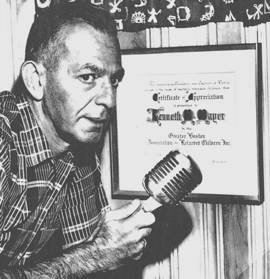
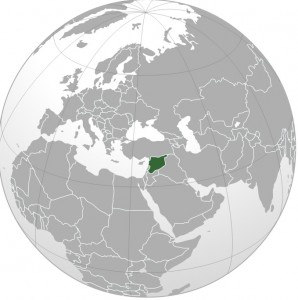
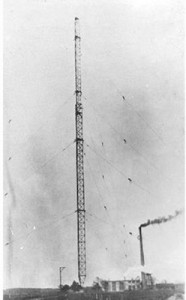
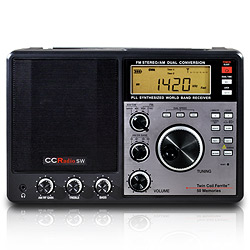
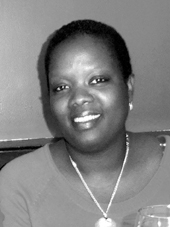
 UK radio audience data was recently released and indicates that more people than ever are listening to radio. Why is that? Kate Chisholm from the
UK radio audience data was recently released and indicates that more people than ever are listening to radio. Why is that? Kate Chisholm from the 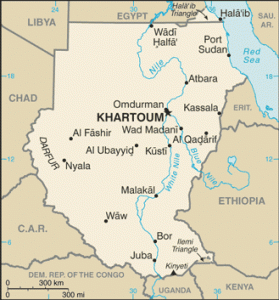 This week’s
This week’s